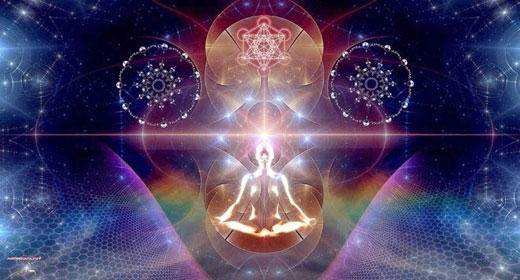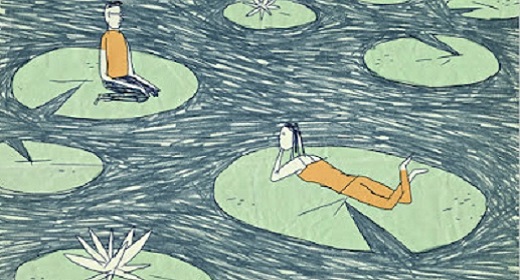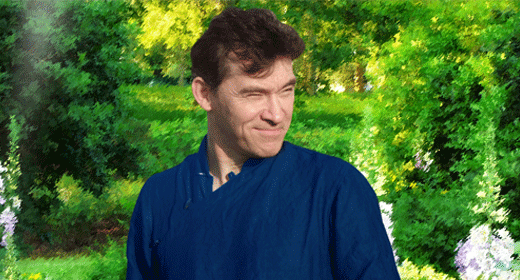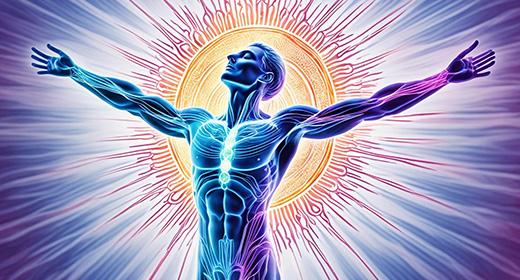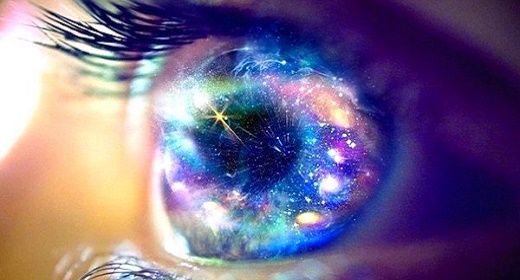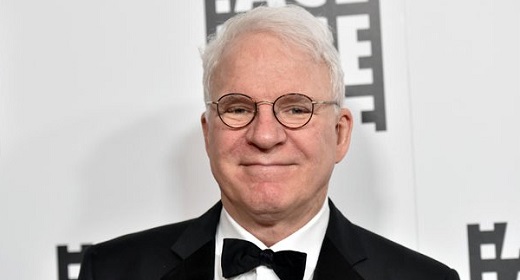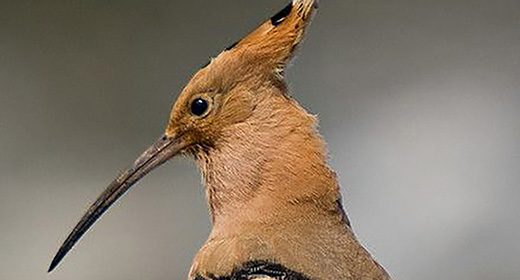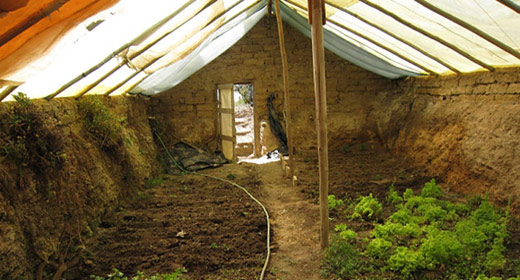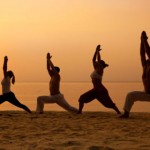by Ed and Deb Shapiro: “I think I’m the most important person in the world, but nobody else thinks it’s about me,

time doesn’t think it’s about me, space doesn’t think it’s about me, the planet doesn’t think it’s about me,” says Prof. Robert Thurman in our book, Be The Change: “It doesn’t take much to get the message that it’s actually not about me! But if somebody comes and steps on my toe or wants to take away my strawberries, then suddenly it’s all about me again!”
Everyone talks about the ego: ego trips, healthy ego, negative ego, big ego, get rid of your ego, even kill your ego. But what is the ego? Is there such a thing? Or is the ego just a version of our hyper-inflated need for security in a world of apparent threats?
Brian Jones, a Stanford-trained neuroscientist and mindfulness trainer, and our partner in RevolutionaryMindfulness.com, says, “The ego is not ‘a thing’ like your ribs, your feet, or your prefrontal cortex. Rather, the ego is reflective of an underlying bio-chemical state of stress and insecurity in our perceived-as-threatening dog-eat-dog world. Biologically, the ego and our personality, thoughts and emotions are really run by the energy of our autonomic nervous system, which is either in a stressed, ego-centered, fearful state called the Sympathetic Response, or a secure, relaxed state called the Parasympathetic Response.”
The ego is the “me” bit that gives us a false sense of ourselves. This is not necessarily good or bad, except when selfishness dominates our thoughts, feelings, and perceptions. A positive sense of self gives us confidence and purpose, but a more negative and self-centered ego makes us unconcerned with other people’s feelings; it thrives on the idea of me-first and impels us to cry out, “What about me? What about my feelings?”
The more power we have — as seen in politicians, the media, CEOs, movie stars, control freaks, or in those who always think of themselves first — the more the ego rules, making “me and my opinions” the most important. There is no limit to the damage a powerful ego can cause, from the arrogant conviction that our own opinions are the only right ones and everyone should be made to agree, to wielding and abusing responsibility and authority at the expense of other people’s lives and freedoms.
But the ego can be equally as powerful in a negative form, seen in those who are always bringing attention to their woes, to poor me, or who think they are powerless and worthless, for this is just as self-centered. The purpose of the ego is to be in control, so it makes us believe we are the cleverest, best informed and most important as easily as it makes us feel unworthy, unlovable, and certainly not good enough to be happy. The “poor me” ego is just as big as the “I’m so powerful” ego.
“I think the main issue is the negative ego,” says Mingyur Rinpoche in Be The Change. “If we do not understand other people’s feelings, their suffering or behavior, then what we perceive, what we are concerned with is only our own ego and image. If the ego becomes too strong then it causes a lot of other emotions, such as anxiety, loneliness, depression, anger, jealousy; if we feel insecure, then our ego becomes even bigger in order to protect us.”
Fostering the delusion that only “I” is important, that me and mine must come before us and ours, we believe we are something, that this “I” is a solid, different, special and unique, separate from everything and everyone else. Such a misguided sense of self is the root cause of much distress, both in our own lives and in the world: Wars are fought, families split, and friends forgotten in its name.
Can you believe that we spend our whole lives protecting, defending and believing this deluded sense of self, while we lose a life of meaning, joy, and caring about others? When we become aware of our essential unity and oneness with all beings then the ego, this imposter who thinks it is the boss, actually loses its job. It will, therefore, do whatever it has to in order to perpetuate its employment.
Hypothetically, all we need do is let go of the focus on “me,” of our sense of separateness, our need for distinction, the grasping and clinging to our story. But this is far easier said than done! In India, the ego is represented by a coconut, as this is the hardest nut to crack. Traditionally, the coconut is offered to the guru as a sign of the student’s willingness to surrender or let go of self-obsession. Such a symbolic gesture shows that the ego is considered to be a great obstacle on the spiritual path and an even greater impediment to developing true kindness and compassion, for it is a perfect servant but a terrible master.
Creating the illusion that we are the dust on the mirror, the ego ensures that we believe we could never be so beautiful as the radiant reflection beneath the surface. Yet how extraordinary to believe that we cannot be free when freedom is our true nature! We easily forget the difference between being powerful in the sense of being egotistic and controlling, and being powerful meaning full of loving kindness. True power is not corruptive or abusive; it transcends greed and serves for the benefit of all.
Meditation is essential to this understanding. “We can manage the ego response with mindfulness, meditation, and self-awareness that entrain the ‘rest response,’ the opposite of the ‘stress response’ of the ego’s push for its own agenda,” says Brian Jones. “The ego response is a primitive, reptilian brain caveman response to the world; largely the opposite of the heart-centered mindful response of compassion, empathy and insight. As Osho, the famous India teacher, says, ‘The size of the ego is in direct proportion to the distance your consciousness is away from your heart.'”
Is your ego your servant or your master? Do comment below.
 Ed and Deb Shapiro are the co-founders, with Brian Jones, of RevolutionaryMindfulness.com. Join to get our newsletter, free meditation downloads, community support, and learn to balance your nervous system. They are the authors of award winning Be The Change, How Meditation can Transform You and the World..
Ed and Deb Shapiro are the co-founders, with Brian Jones, of RevolutionaryMindfulness.com. Join to get our newsletter, free meditation downloads, community support, and learn to balance your nervous system. They are the authors of award winning Be The Change, How Meditation can Transform You and the World..

